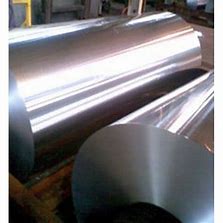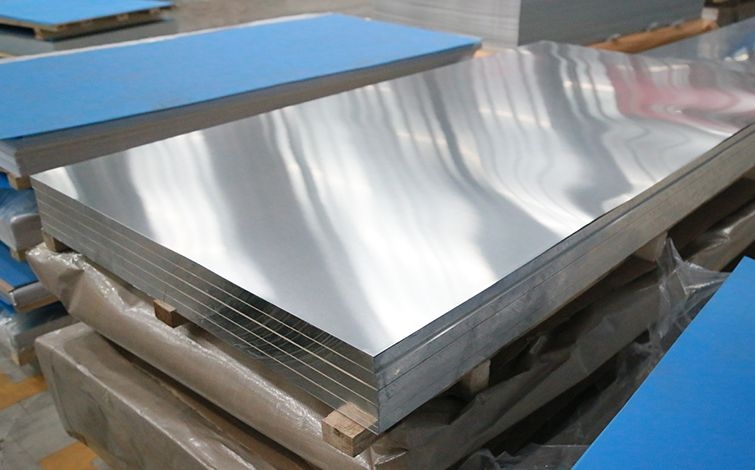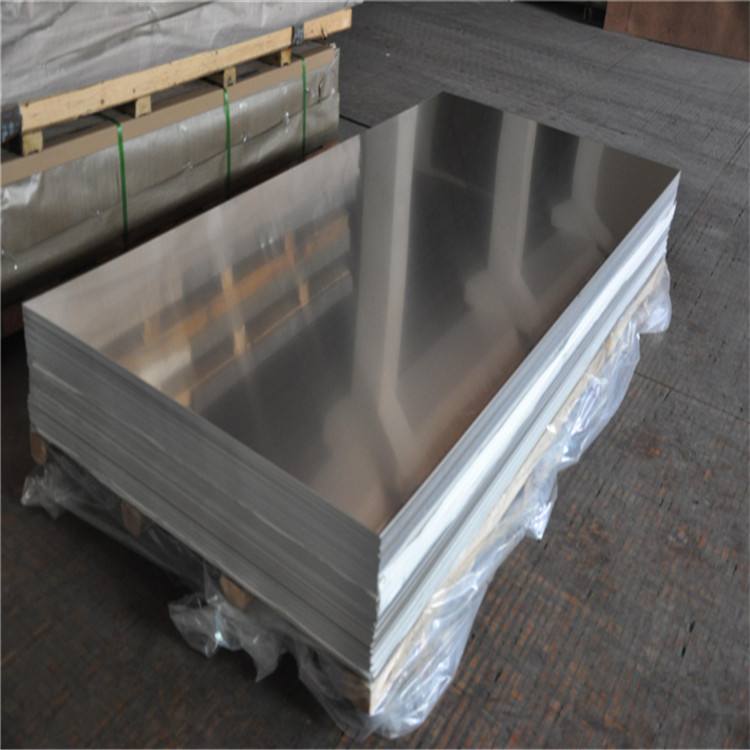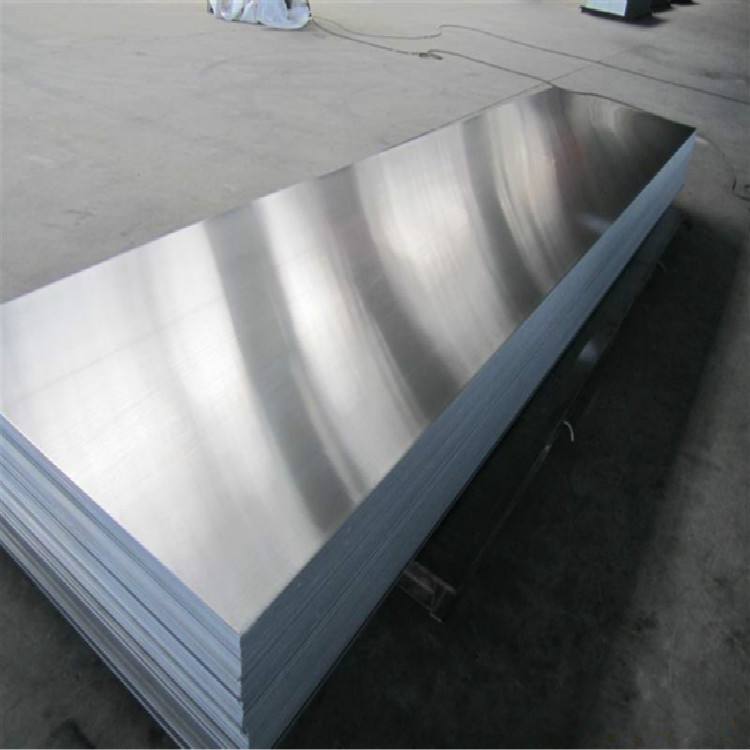



When comparing the strength of two materials, it is important to consider their physical properties. In this case, if both aluminum and steel have the same thicknesses and weights, which one will be stronger? Let us explore this question.

Aluminum and steel are both widely used in the manufacturing industry due to their durability, strength, and versatility. However, they have different properties that make them suitable for specific applications.
Aluminum is a lightweight metal with a high strength-to-weight ratio. It is corrosion-resistant, making it ideal for use in outdoor environments. On the other hand, steel is a heavier metal that is stronger than aluminum. It is also more durable and has a higher resistance to impact and wear.
If both aluminum and steel have the same thickness and weight, steel would be stronger. This is because steel has a higher tensile strength than aluminum. Tensile strength is the maximum stress that a material can withstand before it breaks. The tensile strength of steel is approximately 400 megapascals (MPa), while aluminum has a tensile strength of about 270 MPa.
However, it is important to note that the strength of a material can vary depending on the conditions and environment it is exposed to. For example, aluminum is more resistant to corrosion than steel, which makes it suitable for use in marine environments. In contrast, steel can rust over time when exposed to moisture and air, which can weaken its strength.
Another factor to consider is the manufacturing process of each material. Steel is often produced by heating iron and carbon, which can result in varying levels of strength and durability depending on the specific alloy used. Aluminum, on the other hand, is typically produced through electrolysis, which can result in a more consistent strength and quality.
Although aluminum is lighter and has a higher strength-to-weight ratio, steel's higher tensile strength makes it more suitable for applications that require high strength and durability. For example, steel is commonly used in the construction of buildings, bridges, and infrastructure. Meanwhile, aluminum is often used in the aerospace industry due to its lightweight properties.
In addition, aluminum is commonly used in the manufacturing of consumer products such as cans, foil, and cookware. Steel, on the other hand, is used in the manufacturing of automobiles, appliances, and machinery.
In conclusion, if both aluminum and steel have the same thicknesses and weights, steel is stronger due to its higher tensile strength. However, aluminum's lightweight properties and corrosion resistance make it ideal for other applications. When choosing between aluminum and steel, it is important to consider the specific requirements of the application to determine which material is more suitable.
Overall, both aluminum and steel have their own unique strengths and weaknesses. By understanding their properties and applications, we can make informed decisions on which material to use for a specific project or application.
* Thank you for your inquiry. Please provide your business needs information so that we can better serve you.
This information can help us assign the most suitable person to solve your problem. We will give you feedback within 1-2 working days.
Related Blog







